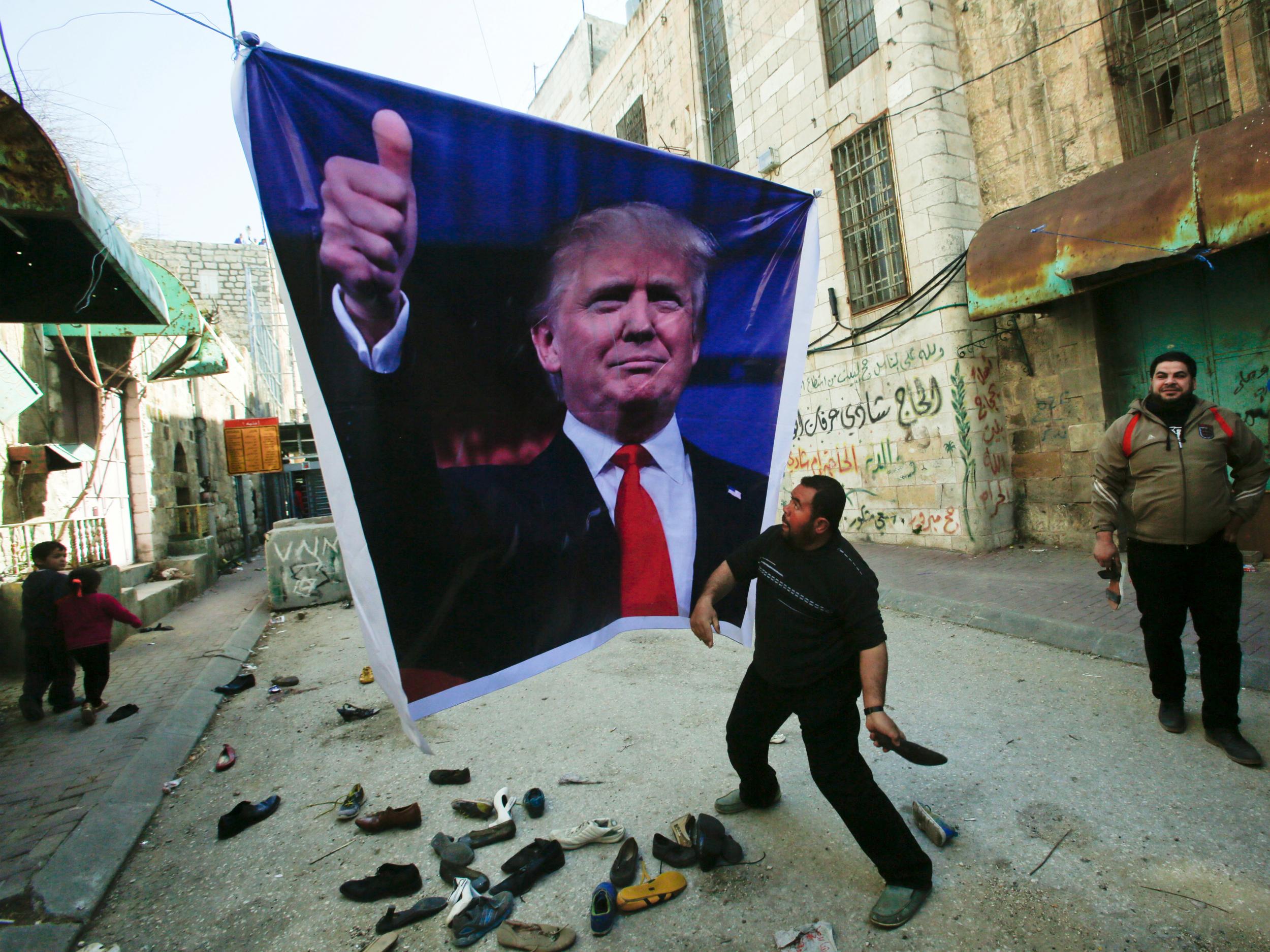Throughout the media in the last week,
there has been widespread criticism of President Trump’s recent comments,
recognising Jerusalem as the true capital of Israel.
There has remained conflict between Israel
and their neighbours Palestine on this issue, and many more underlying ones at
that, for most of modern history so far as we know it.
And by choosing to side with the Israelis,
Trump has put America against the rest of the international community – all the
most significant governments in the world back Palestine in the long-running
struggle.
Not only this, but he has also further
unsettled a region that the Western powers have already significantly
interfered with, and unsurprisingly, riots have broken out in Palestine, Turkey
and other countries in the area. Their governments are understandably likely to
take a more robust stance on this issue, as most are Islamic – and Jerusalem is
their Holy Land. The President of Turkey, Recep Tayyip Erdogan has claimed that
Trump’s comments are ‘throwing the region into a ring of fire’.
So, this is understandably another perilous
complication to the already very politically fragile area, but what does it
mean for the future of the Middle East and Western relations with them?
Obviously, it has had the exact adverse effect
that Trump either wanted or anticipated (presuming he advocates an end to
conflict there). It is hard to say what his motives are, if perhaps it was part
of a longer-term project to settle the Israeli-Palestinian conflict, the Middle
Eastern leaders wouldn’t be as shocked as they are.
 Most depends on whether his international
allies back him up, and the attitude of the Arab Gulf rulers in and around the
area. Many of these rulers publicly support Palestine, and this brings issues
when it comes to both diplomacy between America and these Middle Eastern
countries.
Most depends on whether his international
allies back him up, and the attitude of the Arab Gulf rulers in and around the
area. Many of these rulers publicly support Palestine, and this brings issues
when it comes to both diplomacy between America and these Middle Eastern
countries.
Trump’s decisions to go against their
beliefs will always cast doubt into these leaders’ minds now as to whether they
can trust the Americans to be acting in their best interests – key to any settled
relations with them.
On a closer front, many of Trump’s European
allies have condemned his actions, and this further casts a doubt over him as
President. Seemingly he is isolating himself and probably the most powerful
country in the world from many other influential countries – except Israel.
Another point to perhaps touch on briefly,
would be the impact on terrorism that acts like these have. Most
people naturally conclude that terrorism is at an ever-increasing alarmingly
high rate in the West, and it can only be said that making unnecessary strife
like this in the area is clearly detrimental in this regard – it would not
surprise me if Trump’s comments are used as hate propaganda by extremist groups
in many of the countries that oppose his decision.
All considered, with fresh violent clashes
emerging between Israelis and Palestinians this weekend, Trump’s motives are
hard to identify.
In a wider context, violence is only
increasing in the Middle East, and confusion grows within as to who their
supporters are. With the EU on the side of the Palestinians and America
supporting the Israelis, for the people that reside there, it must seem like
there is no organised foreign policy from the Western world.
Of course, that is just guesswork. But the
suggestion alone does signify the danger of meddling in their affairs.
We don’t often realise it, but Western
authority isn’t popular in that region. And further interference might create
more problems than it solves.
Comments
Post a Comment